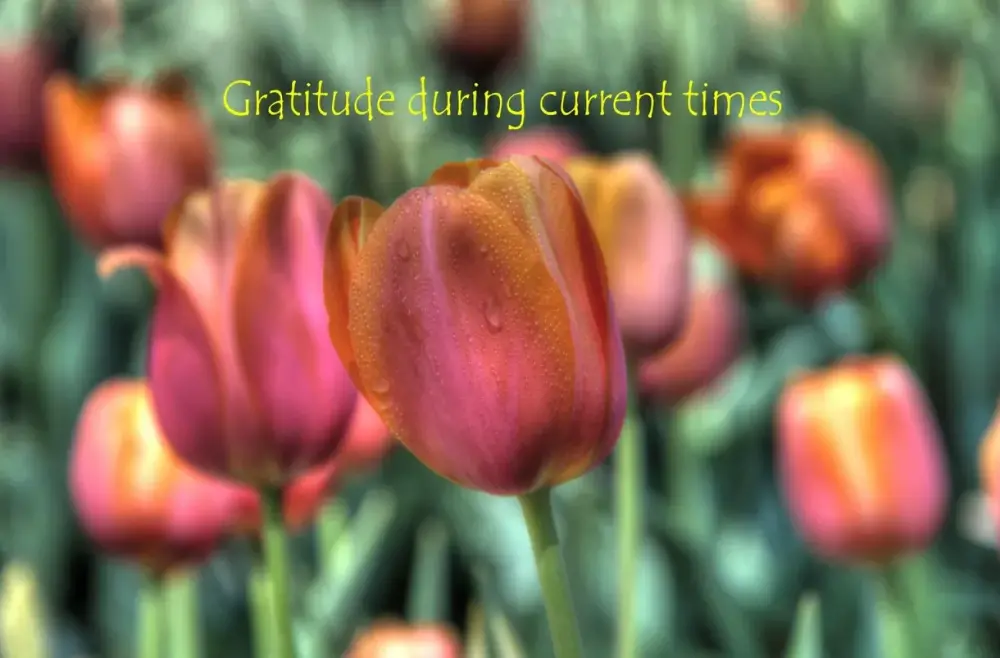
Gratitude during current times
- Pablo Munoz Psychotherapist
Categories: Anxiety , Depression , Mindfulness , Self-esteem
During the last past weeks, we have been bombarded with a series of bad news, infections, deaths, we have seen our “normal life” gone and we have lived under new restrictions. The confinement, the limitations and the fears have the potential to raise our levels of stress, anxiety and depression. It is clear that we all have been recently affected in our mental state since we all have lost something during this time.
So facing this reality, what can help us to reduce these levels of stress, anxiety, depression and frustration? The answer is gratitude. Studies find that, over time, feeling grateful boosts happiness and stimulates both physical and psychological health, even among those already struggling with mental health problems. In a 2015 study was shown that grateful people feel less pain, less stress, suffer less sleeping problems, have stronger immune systems, experience healthier relationships, and do better academically and professionally.
But how gratitude will help our health? First and obviously, gratitude shifts our attention away from toxic emotions like envy, resentment or fear to something positive. However, gratitude’s benefits take some time to occur as they don’t always happen immediately following the gratitude activity, but effects on the brain from gratitude activity appear to be lasting and may train the brain to become more sensitive to gratitude experiences later, thus helping to improve mental health.
Consider the immense power in thinking in all life’s richness and variety of opportunities, sensations, experiences, feelings, ideas, relationships, things in your life. And all that it is happening in the present moment. Be aware of the abundance that surrounds you at this moment: the approximate 30 trillions of living cells in your body, the abundance of air around you, the palette of colours that surrounds you, the exuberance of the nature that it is blooming around, all the things that you have, all the persons that you know, all the sensations that you are having (even when you are not aware of them).
Gratitude is a way for people to appreciate what they have instead of always reaching for something new in the hopes it will make them happier, or thinking they can't feel satisfied until every emotional, physical and material need is met. Gratitude helps people refocus on what they have instead of what they lack.
There are several ways to practice and develop gratitude, here I just offer you 11 ideas:
But above all:
- Keep a gratitude journal and add to it every day.
- Tell someone you love how much you appreciate them and why.
- Notice the beauty in nature each day.
- Nurture the friendships you have.
- Smile more often, even if it is just the facial expression without motive.
- Remember to compliment your friends and family
- Share a thought of gratitude each day on social media (not to get likes...).
- Focus on your strengths.
- Be thankful when you learn something new.
- Reward effort, yours or others’.
But above all:
11. Live mindfully, not overthinking about the past or future.
Gratitude is not a remedy for all our mental health challenges or a magical source for well being, but it is a powerful tool to boost it. If you feel that you need help to be and feel more grateful, seek professional help, we are all in a growing process as human beings.
Pablo Munoz
.png)